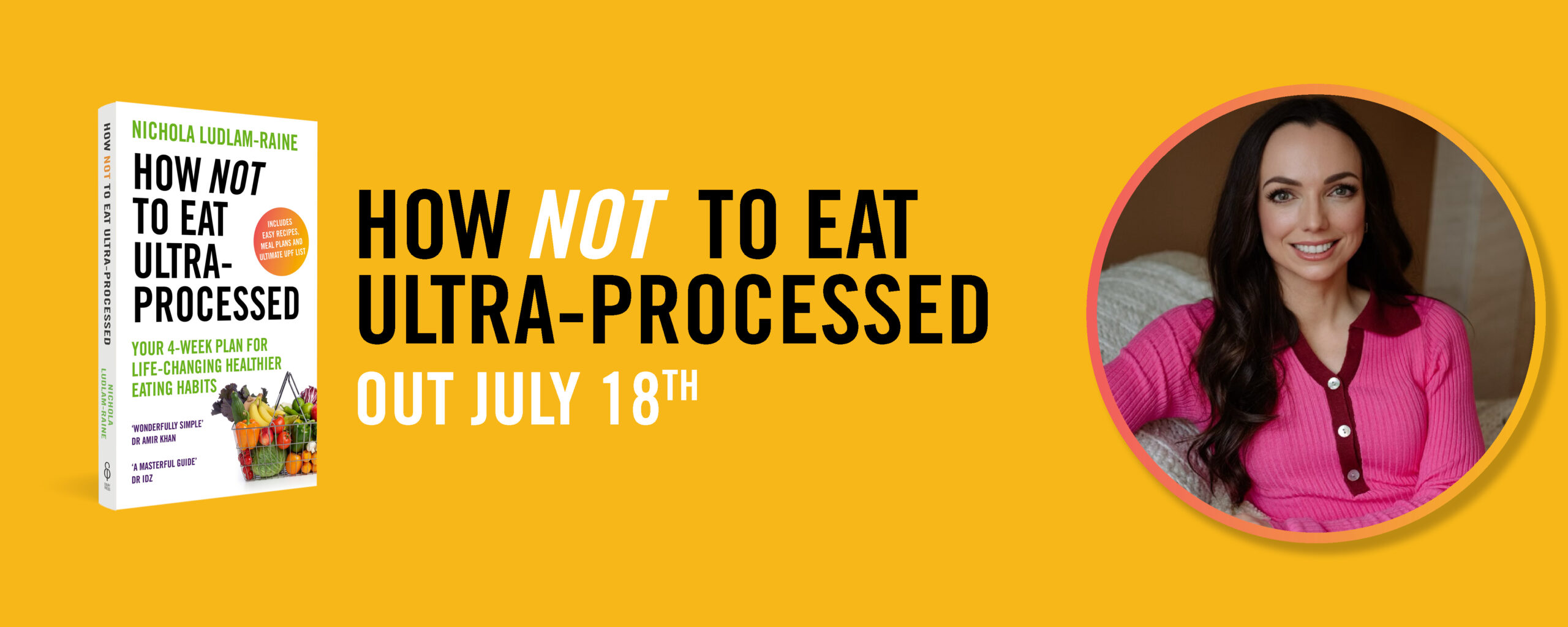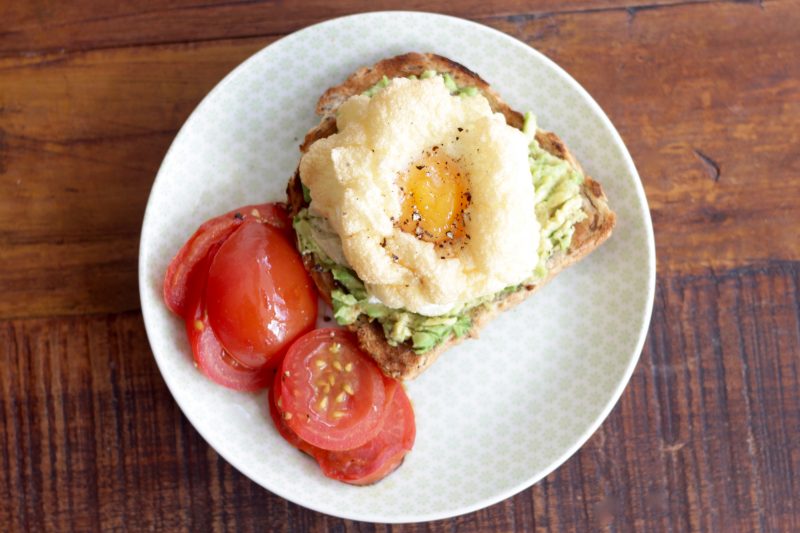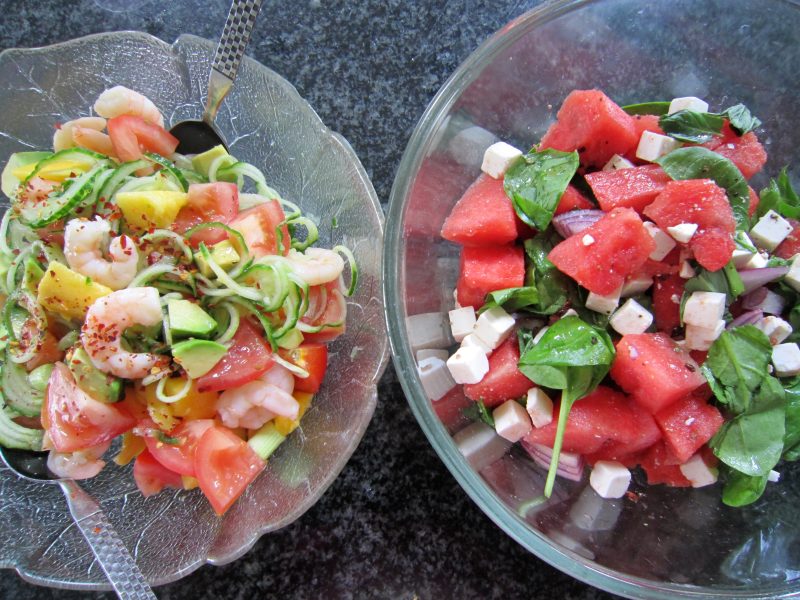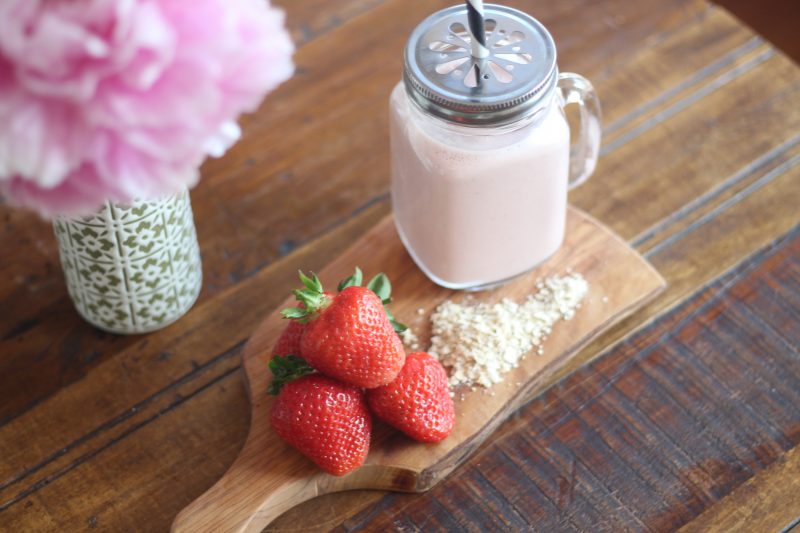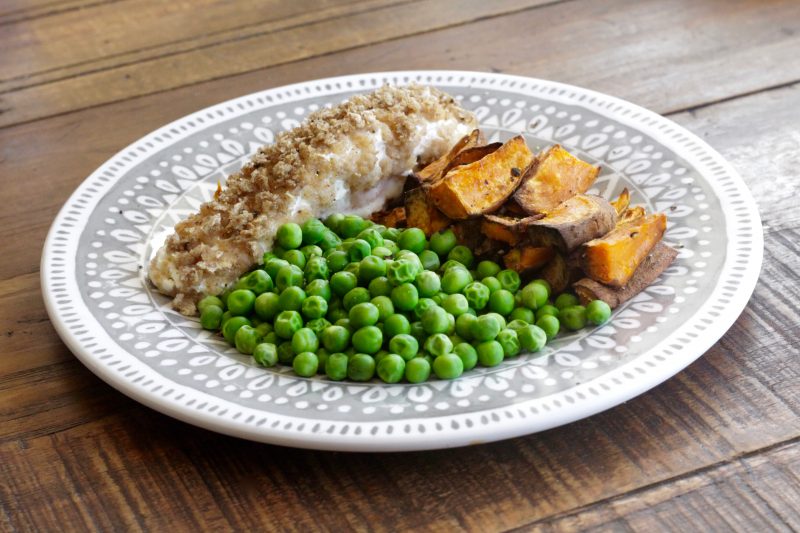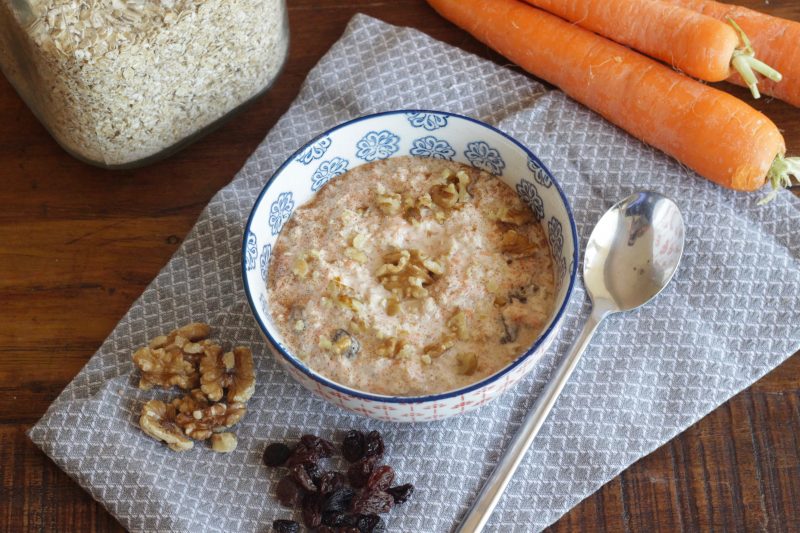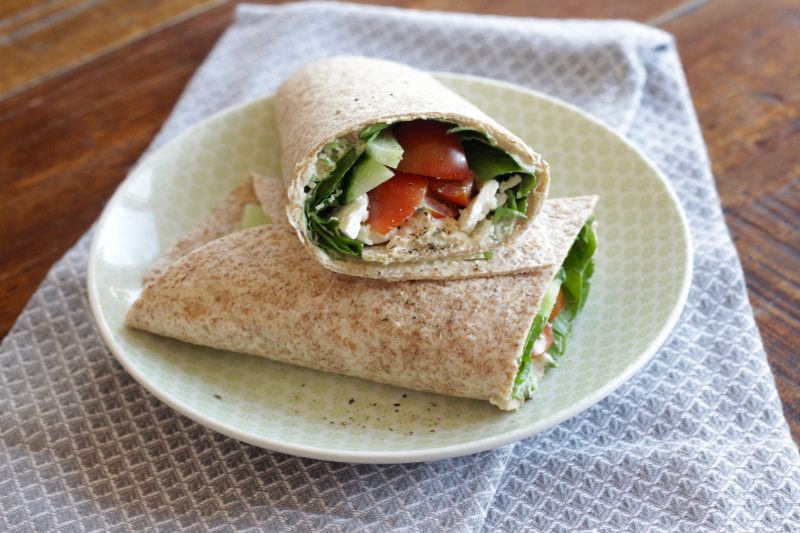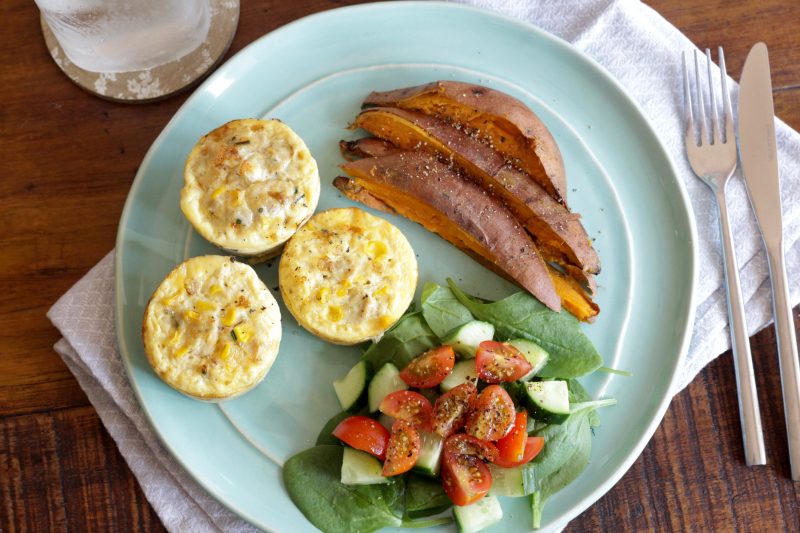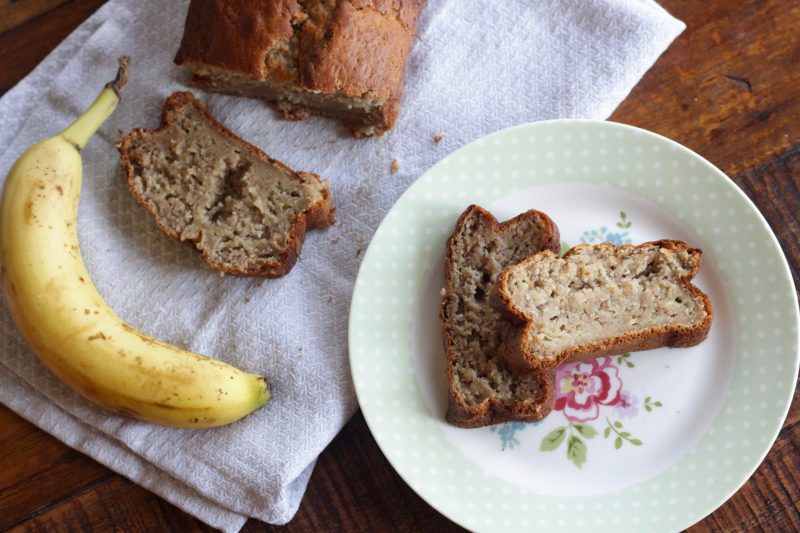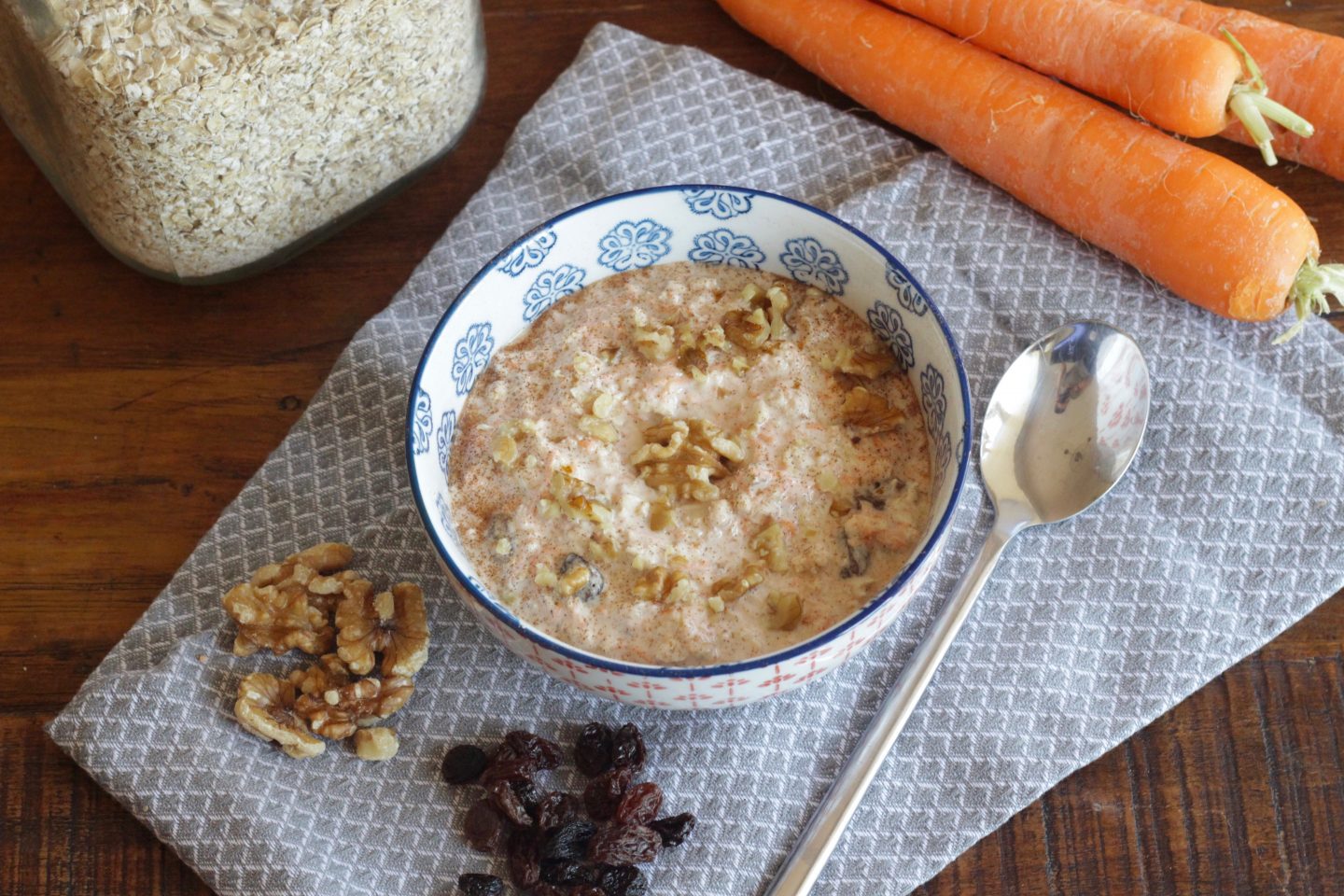
Parents often put their own health at the bottom of the priority list, but staying fit and healthy is essential if we are looking after others; especially when it comes to looking after little humans who rely on us for food, love and of course, fun! So if you’re after information and quick tips on how to stay fit and healthy as a parent then carry on reading.
Key Nutrients For Energy & The Immune System
What we eat plays a huge part in our energy levels and immune system, both of which are crucial if we have little ones running round. In addition to sleep (which can often be lacking in new parents particularly) and exercise, food has the ability to either hinder or help our efforts in making the most out of our day; if we don’t eat enough or eat poorly then we may not have the energy or ability to concentrate on the task in hand. Eat well though and we will thrive, even if we’ve only had 4 hours worth of broken sleep!
The following nutrients are essential in helping you to feel at your best every day:
• Vitamin A – Vitamin A, which is found in foods such as sweet potato, spinach and carrots helps to keep the membranes in our nose and throat healthy; these are our front-line defences against bacteria getting in.
• Vitamin B6 – Vitamin B6 helps to make antibodies that fight off diseases. Fish, lean meats, whole grain cereals and bread are all good sources of Vitamin B6 but one of the foods richest in B6, which vegetarians will be pleased to discover, is chickpeas.
• Vitamin C – Vitamin C is an important antioxidant and it has been shown to reduce the duration and severity of a cold. Good sources include peppers, strawberries, kiwi fruit, broccoli, sprouts and cantaloupe melon.
• Vitamin D – Vitamin D is needed to stimulate the cells that fight infection. We get some Vitamin D from the action of sunlight (in the summer months) on our skin, but it is also found in oily fish such as salmon and mackerel as well as eggs. Adults in the UK are recommended to consider taking a supplement containing 10mcg of vitamin D, particularly in the autumn and winter months.
• Vitamin E – Vitamin E is a fat soluble vitamin and important antioxidant involved in the cells which contribute to our immune function. It is found in eggs, nuts and green vegetables such as broccoli.
• Zinc – Zinc is an essential mineral for wound healing and it has also been shown to reduce the incidence, and shorten the duration of a cold. Good sources of zinc include meat, shellfish, milk, dairy foods and bread.
Food Essentials
As you’ve probably realised by now, a healthy diet is a balanced and varied diet that is rich in colour. Here are some of my foods that I suggest parents keep in the house to make healthy eating easier:
- Cupboard Staples
Oats – ideal for making overnight oats (scroll down for my recipe!) or porridge.
Tins of Baked Beans – the perfect high fibre addition to breakfast, brunch or lunch.
Potatos – sweet or regular potatoes are not only versatile but filling too.
Tinned Tuna – buy tinned in spring water to add to salads or a wrap for a quick lunch.
Nuts – nuts are high in monounsaturated (healthy) fats and make an ideal quick snack (choose unsalted).
Olive Oil (use refined in cooking & extra virgin in salad dressings) – adding olive oil to a salad not only helps to maximise flavour but helps you to absorb the fat soluble nutrients vitamins A, D, E and K too. Rapeseed oil is a often a cheaper alternative to olive oil.
Wholemeal Wraps – these are great to have on hand for a quick lunch or you could even use them to make a healthy pizza for an evening meal.
Herbs & Spices such as basil, oregano, salt, pepper and cinnamon; flavour is key to enjoying meals.
Chopped Tomatoes – an essential base for so many dishes including chilli, spaghetti bolognese and curry.
- Fridge Staples
Feta Cheese – crumble feta cheese on top of baked eggs or into a salad or wrap for texture, flavour and, of course, calcium.
Milk (Cow’s, Soya or Nut) – essential for smoothies as well as teas and coffees (4-5 cups of tea or coffee a day is deemed a moderate intake). If you are lactose intolerant then make sure your milk alternative is unsweetened; you’re sweet enough 😉
Spinach – you can add spinach to a stir fry, smoothie or wrap for an extra dose of vitamin A.
Eggs – boiled eggs are a great high protein snack to keep you full or you could have them for breakfast.
Hummus – the ideal high fibre accompaniment to crudités such as carrots, cucumber and peppers.
Salmon – packed with essential omega 3 fatty acids salmon is great for our heart heart and brain function.
Chicken – cooked chicken can be added to wraps or noodles and vegetables for a quick stir fry.
- Freezer Staples
Meat-Free Sausages – these are often lower in fat and calories than regular sausages.
Vegetables such as peas, green beans and sweetcorn – frozen vegetables often contain more nutrients than fresh, they don’t got off as quickly and they require minimal preparation and cooking time.
- Kitchen Counter Staples
Fruit such as bananas, apples and satsumas – an easy high fibre, nutrient rich snack for on the go. Research shows that if you keep fruit on your kitchen counter you are more likely to eat it!
- Batch Cooking Tips
Once you’ve done the weekly food shop (either online or in person), it’s time to get savvy with your time. I suggest, first and foremost, getting into the habit of cooking double the amount of what you need at your evening meal so that it can be packaged up for a speedy lunch or evening meal the next day. You could even freeze meals too but make sure to label it before freezing so you know what it is.
Cooked meals can usually be kept in the fridge for 2-3 days and in the freezer for up to 3 months or longer; just make sure to thoroughly defrost food before cooking (there should be no ice crystals) to prevent a stomach upset.
Breakfasts can also be made in advance to be eaten on the go; you could make overnight oats, breakfast bars or even a smoothie; blend smoothies on the morning you want to drink it.
- Creating a Balanced Plate
Regular meals are essential for sustaining energy levels and sitting down to eat as a family will help to teach good table manners, as well as encouraging children to try new foods.
The simplest way to create a balanced plate is to divide it into thirds and fill one third with vegetables or salad, one third with whole-grains or slow release carbohydrates such as sweet potato or basmati rice and one third with lean protein such as chicken, eggs, tuna or a bean burger. To finish, you can add a small amount of healthy fats in the form of olive oil, avocado, seeds or feta cheese for taste.
- Healthy Meal Ideas
There are so many recipes online that I love to create and I need to say a huge thank you to John Lewis for asking me to create 4 simple, high-energy meals for parents to make:
BREAKFAST
Carrot Cake & Walnut Overnight Oats
This creamy bowl of goodness is ideal to make in bulk for the week ahead or to feed a family; the below recipe serves 1 person which you can simple double or triple as needed.
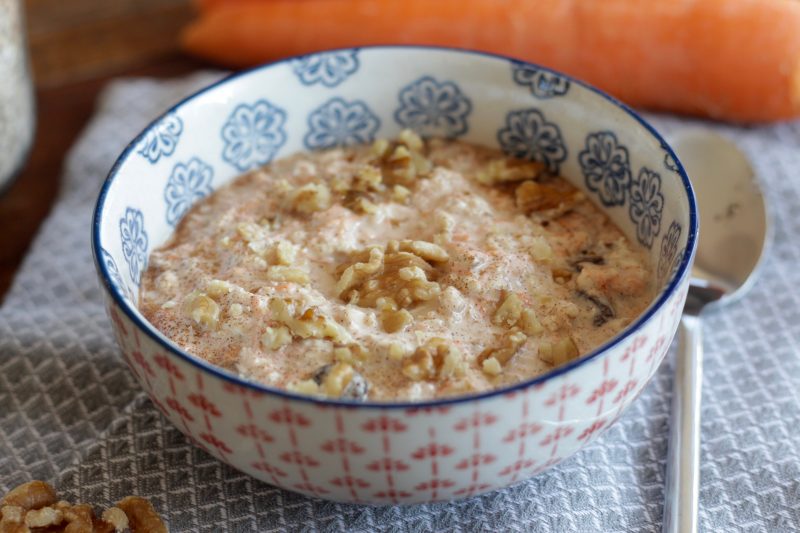
Ingredients
- 1/2 cup (40g) oats
- 1/2 cup (125ml) almond milk (or other milk)
- 1/2 cup (100g) natural yoghurt
- 1/2 small (40g) finely grated carrot
- 10g (1/2-1 tbsp) honey - to taste
- 15g raisins - small hand full
- 1/2 teaspoon cinnamon
- 1/4 teaspoon vanilla
- Toppings: walnuts / extra cinnamon if desired
Instructions
- The night before mix together all of the ingredients apart from the walnuts in a bowl
- Cover your breakfast mixture to make an air tight seal (you could use clingfilm) and refrigerate overnight
- Wait for morning time, add some broken up walnut pieces and enjoy the creamy, high fibre goodness!
LUNCH
Hummus & Feta Salad Wrap
This wrap is not only quick to make but it’s packed with fibre and slow release energy to keep you fuelled all afternoon.
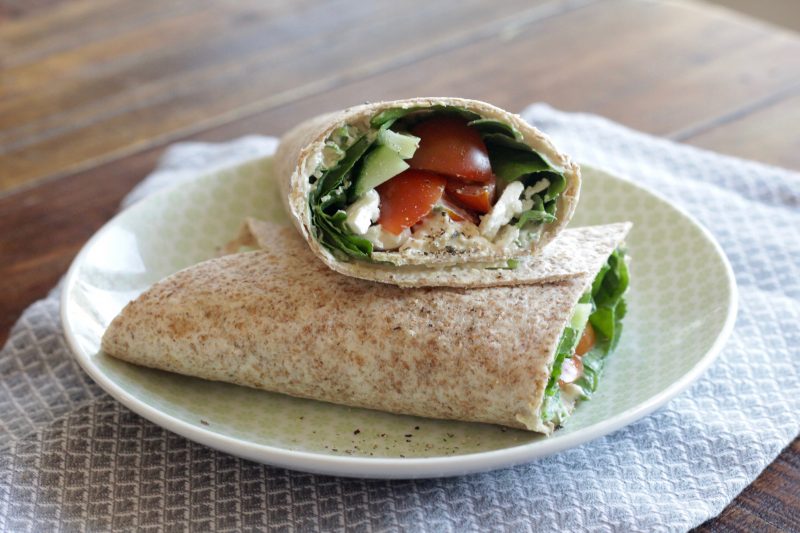
Ingredients
- 1 wholemeal wrap
- 3-4 tbsp hummus
- 1/4 cucumber, sliced
- handful of spinach
- chopped cherry tomatoes
- 30g chopped feta cheese - optional
Instructions
- Lay your wholemeal wrap on a plate and add your hummus down the middle followed by the cucumber slices, spinach leaves and cherry tomatoes
- Top with feta cheese (optional), fold over and serve
EVENING MEAL
Tuna & Sweetcorn Frittatas with Sweet Potato & Salad
These frittatas are ideal for making at the start of the week to enjoy for breakfast, lunch, evening meal or even a snack on the go! They are packed with protein and are super simple to make.
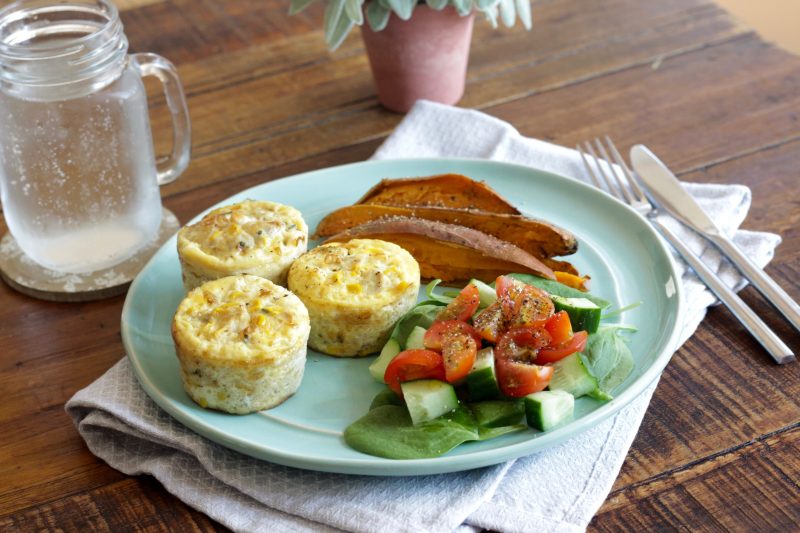
Ingredients
- 6 eggs
- 75ml milk
- 1 tin of sweetcorn (~260g)
- 2 tins of tuna, flaked (~225g)
- 100g feta cheese
- black pepper
- 1 tbsp chives
Instructions
- Pre-heat your oven to 200 degrees C (180 C for a fan oven)
- Beat the eggs in a large bowl and add in your milk, tuna, sweetcorn, feta cheese, chives and black pepper (to taste) before mixing with a fork
- Spoon the mixture into 12 silicone muffin cases or a metal muffin tins lined with baking paper (sprayed with 1 cal spray oil if needed)
- Bake in the oven until the egg is cooked (15-25 minutes depending on your oven)
- Serve with salad & sweet potato wedges
DESSERT/SNACK TIME
Banana Bread
Banana bread is a great snack, supper and dessert rolled into one. You can make this recipe your own by adding chocolate chips, nuts or dried fruit, or why not serve it topped with your favourite nut butter?
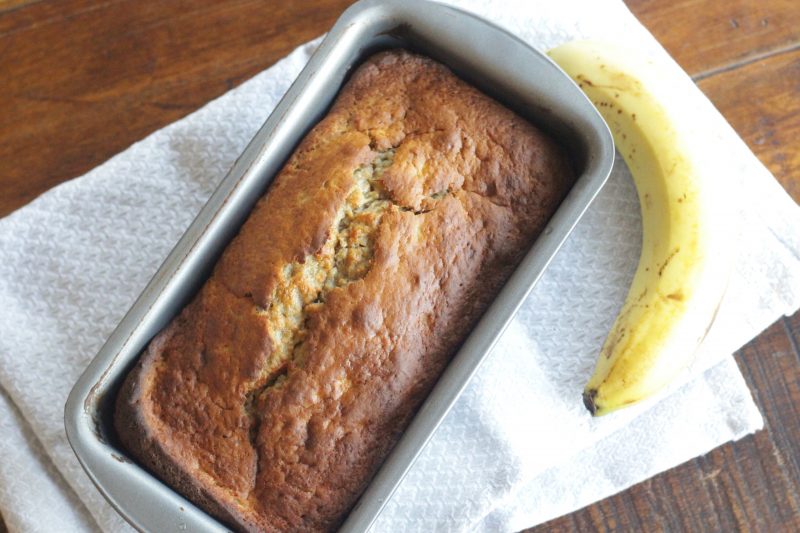
Ingredients
- 1.5 cups (200g) spelt flour
- 2 medium-large ripe bananas - mashed
- 180g plain Greek style yoghurt
- 2 eggs
- 1/2 cup (125g) Xylitol (healthy sugar alternative)
- 1 tbsp oil e.g. coconut oil
- 2 tsp cinnamon
- 1 tsp vanilla essence
- 1/2 tsp bicarbonate soda (+ 1/2 tsp salt)
- 1 tsp baking powder
Instructions
- Pre-heat your oven to 175 degrees C
- Mix together the dry ingredients in a bowl - flour, xylitol, cinnamon, baking powder, bicarbonate of soda and salt
- In another bowl mix together the wet ingredients - mashed bananas, Greek yoghurt, eggs, oil and vanilla before adding in the dry ingredients and stirring until combined
- Pour the mixture into a silicone loaf tray or greased/lined baking tin and bake for 45 minutes
- Allow to cool before slicing into 12 pieces and either serving or wrapping in cling film and storing in the fridge/freezer for when you're peckish!
I really hope you find this blog post useful, do tag me in on social media if you make any! And for more healthy recipe ideas you can checkout the John Lewis Website!
*Thank you to John Lewis for asking me to write this article!
